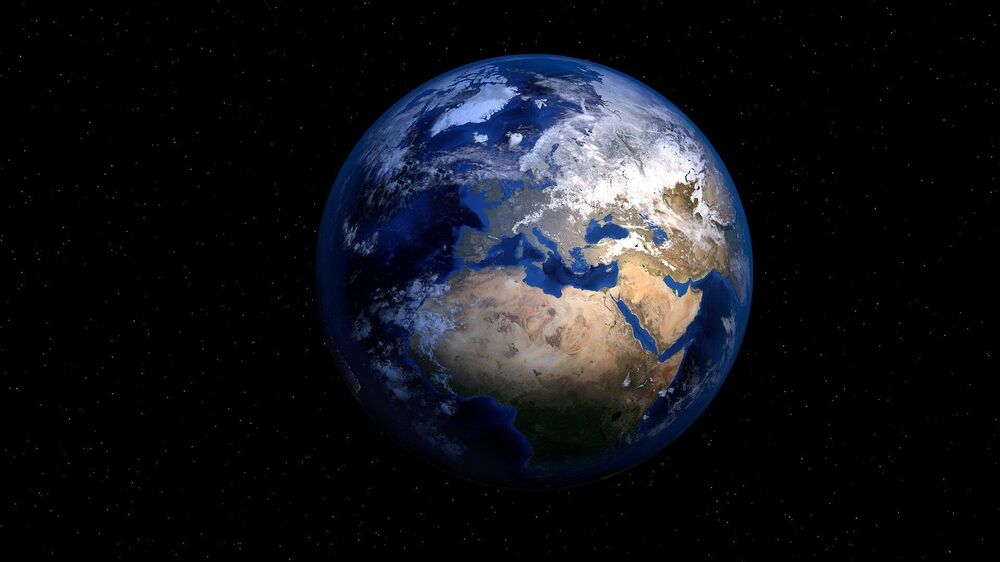Scientists around the world have noted that the Earth has been spinning on its axis faster lately—the fastest ever recorded. Several scientists have spoken to the press about the unusual phenomenon, with some pointing out that this past year saw some of the shortest days ever recorded.
For most of the history of mankind, time has been marked by the 24-hour day/night cycle (with some alterations made for convenience as the seasons change). The cycle is governed by the speed at which the planet spins on its axis. Because of that, the length of a day has become the standard by which time is marked—each day lasts approximately 86400 seconds. The day/night cycle is remarkably consistent despite the fact that it actually varies slightly on a regular basis.
Several decades ago, the development of atomic clocks began allowing scientists to record the passage of time in incredibly small increments, in turn, allowing for measuring the length of a given day down to the millisecond. And that has led to the discovery that the spin of the planet is actually far more variable than once thought. Since such measurements began, scientists have also found that the Earth was slowing its spin very gradually (compensated by the insertion of a leap second now and then)—until this past year, when it began spinning faster—so much so that some in the field have begun to wonder if a negative leap negative second might be needed this year, an unprecedented suggestion. Scientists also noted that this past summer, on July 19, the shortest day ever was recorded—it was 1.4602 milliseconds shorter than the standard.
